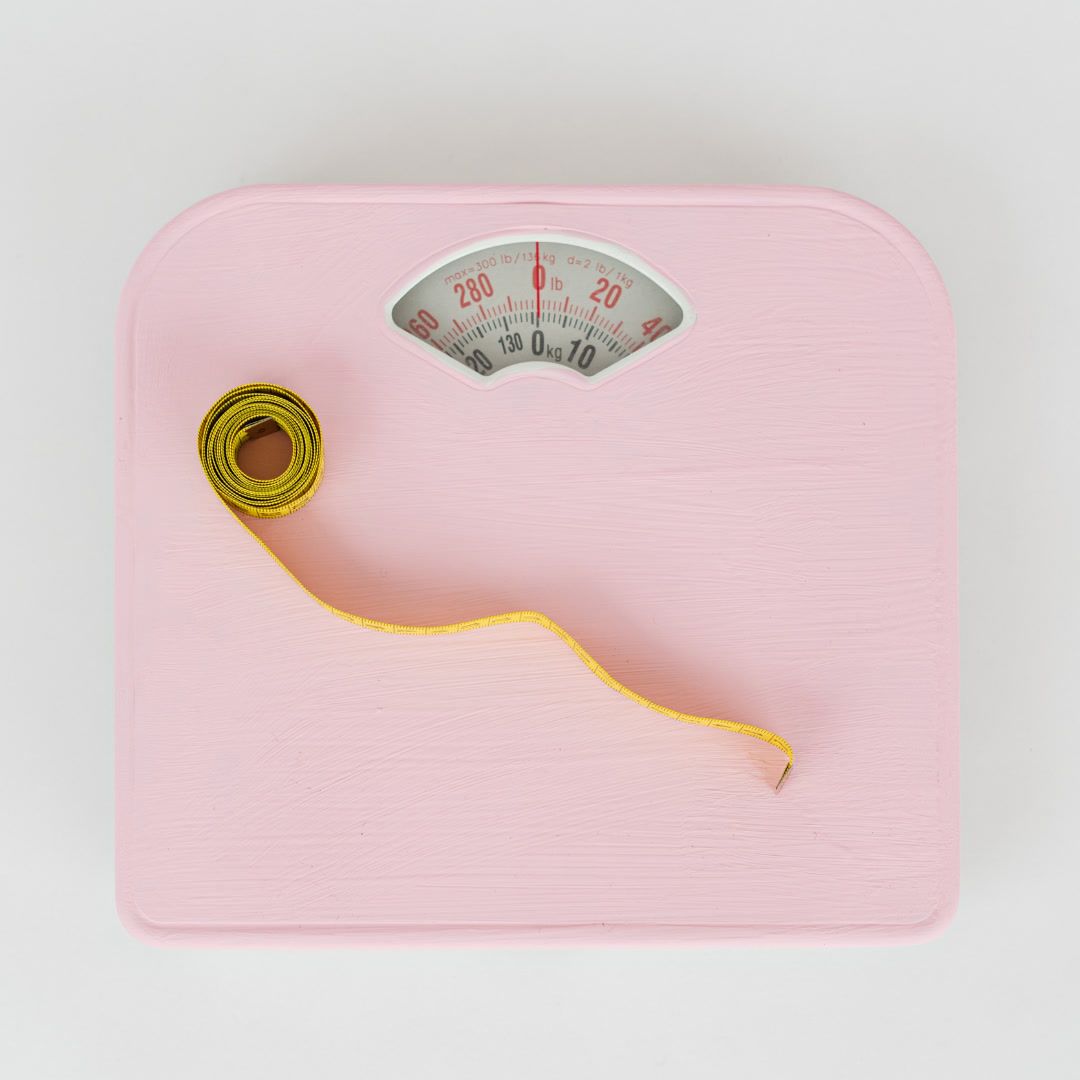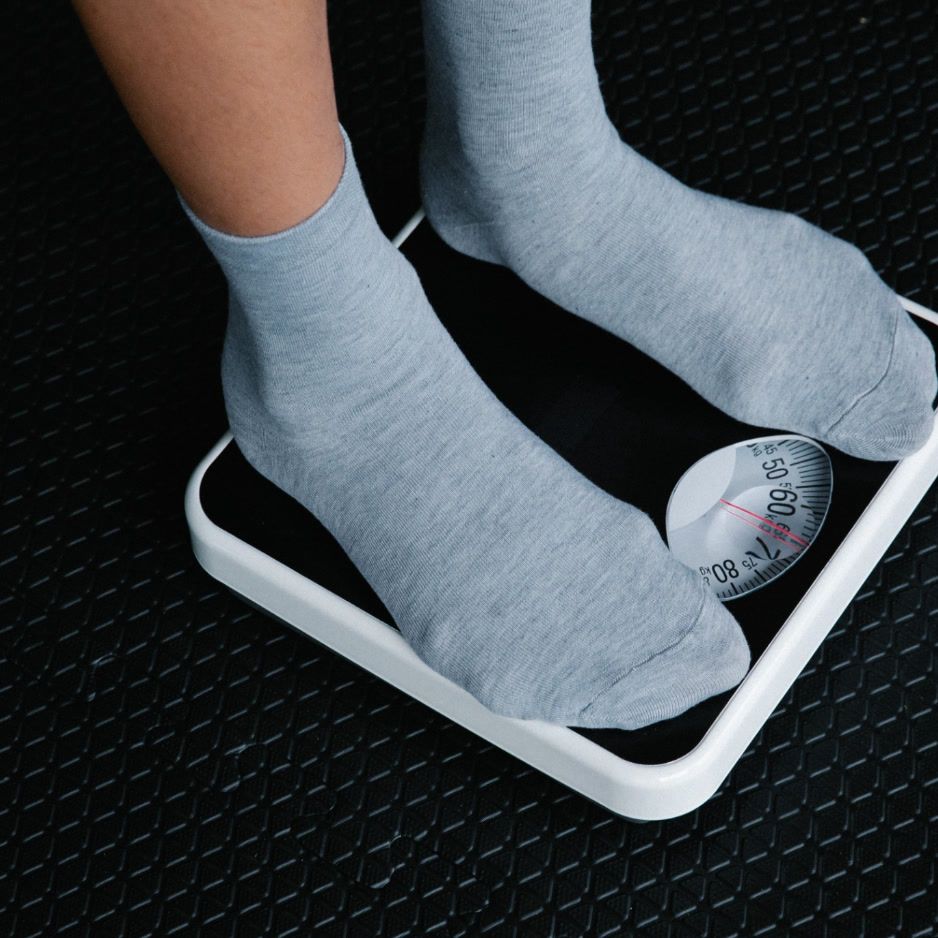How to Use a BMR Calculator to Determine Your Basal Metabolic Rate

How to Use a BMR Calculator to Determine Your Basal Metabolic Rate
Are you curious about your basal metabolic rate (BMR)? Understanding your BMR can be an invaluable tool to help you achieve your health and fitness goals. By determining your BMR, you can gain insight into the number of calories your body needs to sustain basic bodily functions at rest. One tool that can help you calculate your BMR is a BMR calculator. In this article, we will delve into the basics of BMR, reveal the role of a BMR calculator, guide you through the steps of using one, explore the factors that influence your BMR, and share tips on how to increase your metabolic rate.
Get weekly updates.
Understanding the Basics of Basal Metabolic Rate
What exactly is BMR? Simply put, it is the number of calories your body needs to function while at rest. This is the energy required to maintain essential bodily functions such as breathing, circulation, and cell production. Your BMR accounts for the majority of your daily caloric expenditure. By understanding your BMR, you can determine the baseline number of calories you need to consume to maintain your current weight.
But let's delve a little deeper into the concept of Basal Metabolic Rate (BMR). It is a measure of the energy your body needs to function at rest. Think of it as the number of calories burned while performing no physical activity. It is the foundation upon which your daily caloric needs are built.
Why is Basal Metabolic Rate important? Well, knowing your BMR is crucial for a variety of reasons. First, it helps you establish your daily caloric intake to maintain, lose, or gain weight. By understanding how many calories your body needs at rest, you can make informed decisions about the amount of food you should consume.
But it doesn't stop there. Your BMR also provides insight into your overall metabolic health. It is an indicator of how efficiently your body processes and uses energy. If your BMR is within a healthy range, it suggests that your metabolism is functioning optimally. On the other hand, if your BMR is too low or too high, it may indicate an underlying metabolic issue that needs to be addressed.
Furthermore, understanding your Basal Metabolic Rate allows you to make informed decisions about your diet and exercise routine. Armed with this knowledge, you can tailor your calorie intake and physical activity levels to achieve your desired goals. Whether you want to maintain your current weight, shed a few pounds, or build muscle, knowing your BMR gives you a solid starting point.
The Role of a BMR Calculator
If you're wondering what exactly a BMR calculator is, you're not alone. BMR stands for Basal Metabolic Rate. A BMR calculator uses a formula to estimate your BMR based on your personal information such as age, weight, height, and gender. This calculation provides you with a starting point for determining the optimal number of calories for your goals.
Understanding your Basal Metabolic Rate (BMR) is crucial when it comes to managing your weight and achieving your fitness goals. Your BMR represents the number of calories your body needs to maintain basic bodily functions while at rest. It accounts for processes such as breathing, circulating blood, and regulating body temperature.
A BMR calculator is a handy tool that estimates your Basal Metabolic Rate (BMR). It takes into account your personal information to provide an approximation of the number of calories you burn at rest. This information is essential for creating a personalized nutrition plan that aligns with your goals, whether you want to lose weight, maintain your current weight, or even gain muscle mass.
What is a BMR Calculator?
A BMR calculator is a powerful tool that helps you determine the number of calories your body needs to maintain its current weight. By inputting your age, weight, height, and gender, the calculator uses a precise formula to estimate your Basal Metabolic Rate (BMR). Your BMR represents the number of calories your body requires to perform its basic functions at rest, without any physical activity.
Knowing your BMR is essential because it serves as the foundation for creating a well-balanced and effective nutrition plan. By understanding the number of calories your body needs to function at rest, you can make informed decisions about your calorie intake and ensure that you're providing your body with the right amount of fuel.
How Does a BMR Calculator Work?
A BMR calculator utilizes the Harris-Benedict equation to estimate your BMR. This equation takes into account factors such as age, weight, height, and gender to provide a personalized estimate of your metabolic rate. The Harris-Benedict equation has been widely used and accepted as a reliable method for estimating BMR.
Once you input your personal information into the BMR calculator, it applies the Harris-Benedict equation to calculate your BMR. This equation considers the different physiological factors that influence your metabolic rate. For example, age plays a role in determining your BMR because as you get older, your metabolism naturally slows down. Similarly, weight and height are crucial factors as they affect the amount of energy your body needs to function.
By using a BMR calculator, you can gain valuable insights into your body's unique metabolic rate. This information can be used to tailor your nutrition plan and ensure that you're providing your body with the right amount of calories to support your goals. Whether you're looking to lose weight, maintain your current weight, or even build muscle, understanding your BMR is a fundamental step toward achieving success.
Steps to Using a BMR Calculator
Now that you understand the importance of BMR and the role of a BMR calculator, let's dive into the steps of using one.
Inputting Your Personal Information
The first step is to gather the necessary personal information required by the BMR calculator. This typically includes your age, weight, height, and gender. Be sure to input accurate details to obtain the most accurate results.
Interpreting Your BMR Calculator Results
Once you have inputted all the necessary information, the BMR calculator will generate an estimate of your BMR. This number represents the approximate number of calories your body needs to function at rest. From here, you can adjust your caloric intake based on your health and fitness goals.
Factors Influencing Your Basal Metabolic Rate
Several factors can affect your BMR, causing it to vary from person to person. By understanding these factors, you can gain insight into why your metabolism may differ from others.
Age and Basal Metabolic Rate
As you age, your BMR gradually decreases. This is primarily due to a decrease in muscle mass and a decrease in physical activity levels. To combat this natural decline, it is important to engage in regular physical activity and maintain a healthy diet.
Gender and Basal Metabolic Rate
Gender also plays a role in determining BMR. On average, men tend to have a higher BMR than women. This is primarily due to differences in body composition, as men typically have more muscle mass and less body fat.
Physical Activity and Basal Metabolic Rate
Physical activity level is another significant factor that influences BMR. The more physically active you are, the higher your BMR will be. Incorporating regular exercise into your routine can help increase your metabolic rate and contribute to weight management.
How to Increase Your Basal Metabolic Rate
If you're looking to boost your metabolic rate, there are several strategies you can implement.
Diet and Basal Metabolic Rate
Your diet plays a crucial role in determining your BMR. Eating a balanced diet that includes lean proteins, fruits, vegetables, and whole grains can support a healthy metabolic rate. Additionally, staying hydrated and avoiding crash diets can help maintain a steady metabolic rate.
Exercise and Basal Metabolic Rate
Regular exercise is one of the most effective ways to increase your metabolic rate. Engaging in both cardiovascular exercises and strength training can help boost your BMR. Aim for at least 150 minutes of moderate-intensity aerobic activity per week, along with two or more days of strength training exercises.
By following these tips and utilizing a BMR calculator, you can gain a deeper understanding of your metabolic rate and make informed decisions about your health and fitness journey. Remember, knowledge is power when it comes to achieving your goals. If you're interested in tracking your body fat, muscle mass, and bone health over time, consider BodySpec's affordable DEXA scans. Take charge of your health and uncover valuable insights about your body composition today!


